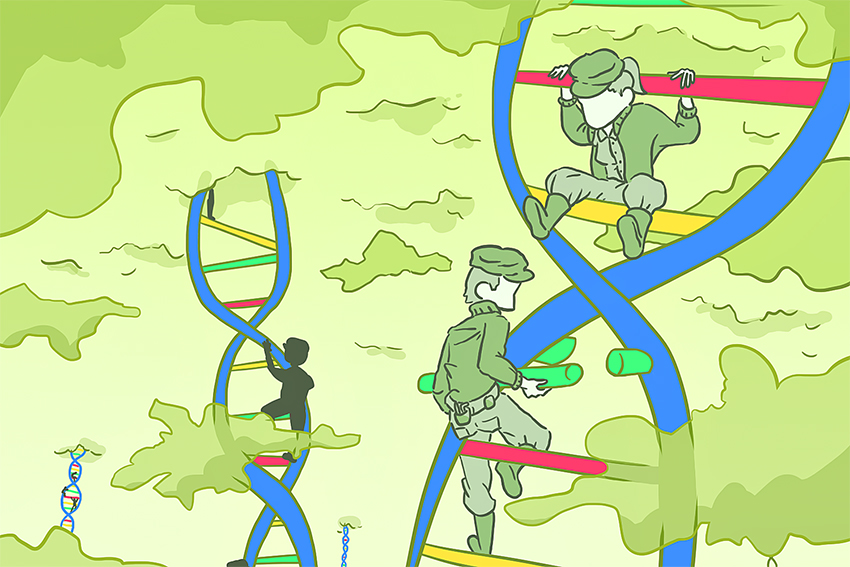Genetic modification of human embryos has been a no-no since an international conference of scientists in 1975 enforced a voluntary moratorium on the practice. But in April 2015, researchers from Sun Yat-sen University in Guangzhou, China reported they had done just that, using a novel technique called CRISPR/Cas9 to replace segments of DNA responsible for the disease thalassaemia.
The embryos used in the Guangzhou trial were not viable, meaning they could never have developed further to maturity, and only a small fraction of the targeted genes were successfully modified. Despite this, the feat still provoked debate among the scientific community and public alike about the consequences of tinkering with the genome of an unborn child.
Genetic engineering is currently an immature and imprecise science. Scientists cannot forecast all the impacts of a particular genetic modification. They do know, however, that many modifications come with strings attached. For instance, a genetic modification to establish HIV resistance would also increase susceptibility to West Nile Virus, not to mention that the changes are permanent and heritable.
“It has been only about a decade since we first read the human genome,” MIT biology professor Eric Landers said. “We should exercise great caution before we begin to rewrite it.”
But with investment in CRISPR/Cas9 in the billions, the technological problems with genetic engineering will soon be solved, and gene editing will be used not just to fix but also to improve our bodies and minds. Parents might choose their child’s hair color, athleticism or intelligence, heralding in the era of “designer babies.”
Many fear that when we can select our children’s traits, humanity will be commoditized and therefore subject to the pitfalls of capitalism — that marketers will influence “genetic fashion trends” and that the costs of genetic enhancement will further divide the poor and the rich. But few, if any, technologies ever start out cheap and accessible. Only with years of market demand and innovation does price go down and supply go up. Genetic technologies are no exception.
Even if designer babies lead to intellectual inequality among the population, this inequality is not inherently bad. Smarter kids would grow into better scientists, engineers, doctors and teachers. “Generosity genes” and other altruistic alterations could make for better citizens.
Fixing the genetic lottery may take some of the variety out of life, but improving a child’s life is more important. We’ve controlled the genomes of many species in one way or another for decades to stabilize and improve them. From corn to cattle, genetic engineering is central to our well-being. Controlling our own genes would be a good next step.
Schmidt is a physics and aerospace engineering sophomore from Austin. Follow Schmidt on Twitter @heyjakers.





















